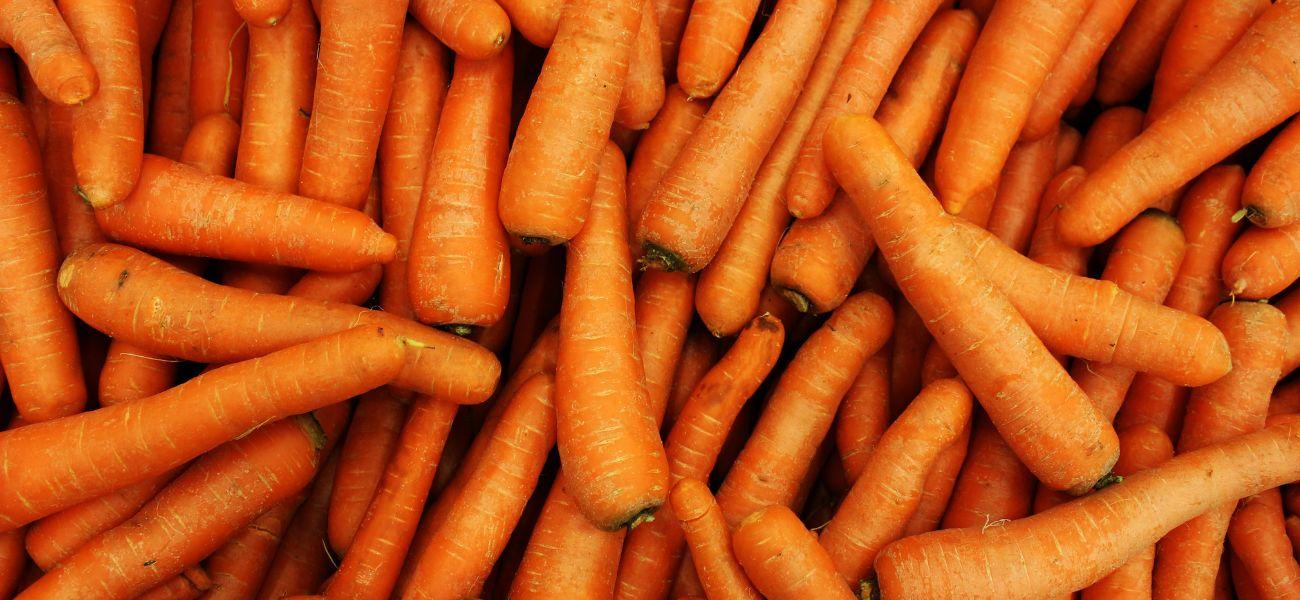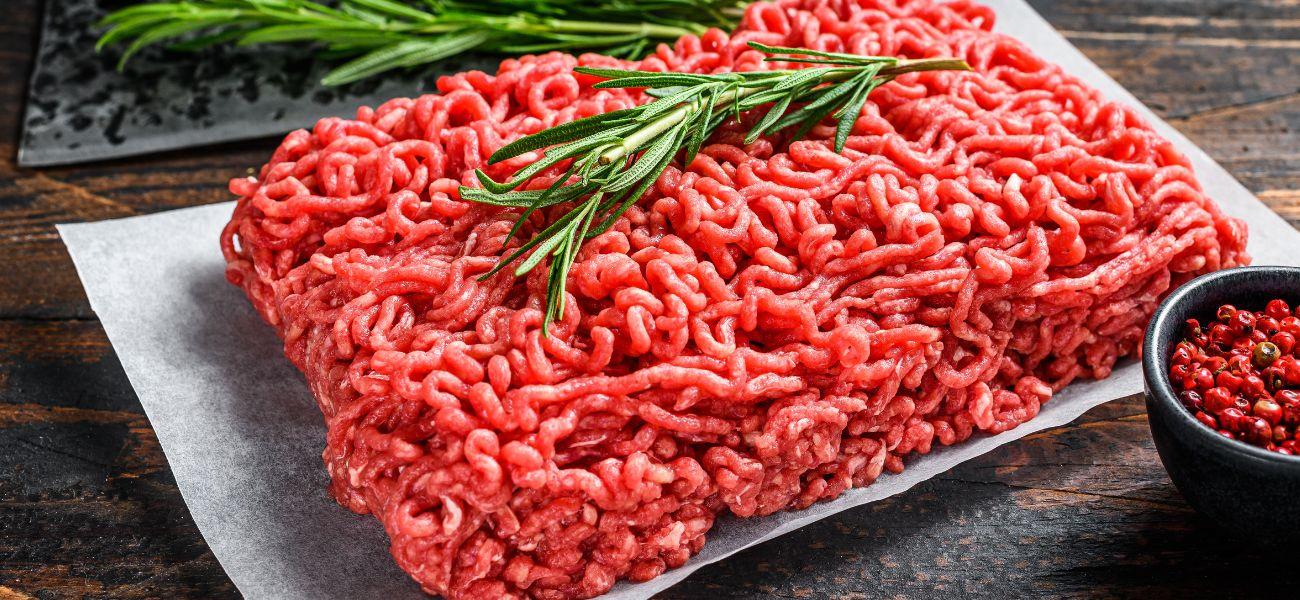Food Recalls To Watch For Ahead Of Thanksgiving 2024
By Kelly Coffey-Behrens on November 26, 2024 at 6:30 PM EST

Preparing Thanksgiving dinner requires significant time and effort, so it’s crucial to ensure the family meal isn’t compromised by food contamination.
Recently, the Food and Drug Administration (FDA) and the United States Department of Agriculture (USDA) have launched investigations into several food items following illness outbreaks and concerns about potential contamination.
Ahead of the Thanksgiving holiday, here are the recalled food products that everyone should be aware of.
Some Brands Have Recalled Organic Carrots

The FDA has announced a voluntary recall of organic carrots from Grimmway Farms in California following an investigation into an E. coli outbreak. The recall covers multiple sizes and brands of both whole and baby organic carrots.
The affected organic whole carrots were sold from August 14 through October 23, 2024, under various brands, including 365, Bunny Luv, Cal-Organic, Compliments, Full Circle, Good & Gather, GreenWise, Marketside, Nature’s Promise, O Organics, President’s Choice, Simple Truth, Trader Joe’s, Wegmans, and Wholesome Pantry.
Organic Carrots: Which Companies Are Recalled?

The recalled organic baby carrots, with specific best-if-used-by dates between September 11 and November 12, 2024, were sold under brands such as 365, Bunny Luv, Cal-Organic, Compliments, Full Circle, Good & Gather, GreenWise, Grimmway Farms, Kroger, LIDL, Marketside, Nature’s Promise, O Organics, President’s Choice, Raley’s, Simple Truth, Sprouts, Trader Joe’s, Wegmans, and Wholesome Pantry.
The recall for organic whole carrots has also been expanded to include additional bag sizes, including Bunny Luv 50-pound bags, Cal-Organic 15-pound and 50-pound bags, and Good & Gather 1-pound bags. While the FDA noted these products are likely no longer available for sale in stores, they may still be found in consumers’ homes.
More Companies That Have Pulled Organic Carrots From The Shelves

Other companies that sourced organic carrots from Grimmway Farms are also initiating their own recalls in response to the E. coli outbreak. These companies are pulling affected products from shelves to ensure consumer safety, further expanding the scope of the recall. Customers who purchased these products should check the specific brands and packaging details to verify if they are impacted by the recall.
"Consumers should check their refrigerators and freezers and should not eat recalled bagged organic whole or baby carrots," the FDA wrote in the notice, per Fox.
"If you have these products in your home, do not eat or use them, throw them away, and clean and sanitize surfaces they touched," the agency recommended. "If you purchased organic whole or baby carrots and stored them without the original packaging and don’t know what brand they are, you should not eat them and should throw them away."
Ground Beef

Wolverine Packing Co., based in Detroit, Michigan, has recalled ground beef products due to potential E. coli contamination. The USDA’s Food Safety and Inspection Service (FSIS) announced the recall on November 20, involving nearly 168,000 pounds of ground beef that may be contaminated.
The affected fresh ground beef products have a “use by” date of November 14, 2024, while the frozen products have a production date of October 22, 2024. These products were primarily shipped to restaurants across the country, and the FSIS has expressed concern that the contaminated meat may still be present in consumers’ refrigerators or freezers.
"Restaurants are urged not to serve these products," the agency stated in the recall announcement. "These products should be thrown away or returned to the place of purchase."
Ready-to-Eat Meat

Yu Shang Food, Inc., based in Spartanburg, South Carolina, has recalled nearly 73,000 pounds of ready-to-eat (RTE) meat and poultry products due to potential listeria contamination. The recall was reissued by the USDA’s Food Safety and Inspection Service (FSIS) on November 21.
The recall includes all RTE products that are still within their shelf life and were produced before October 28, 2024. Consumers are advised to check any affected products for safety, particularly those that may still be within their expiration dates.